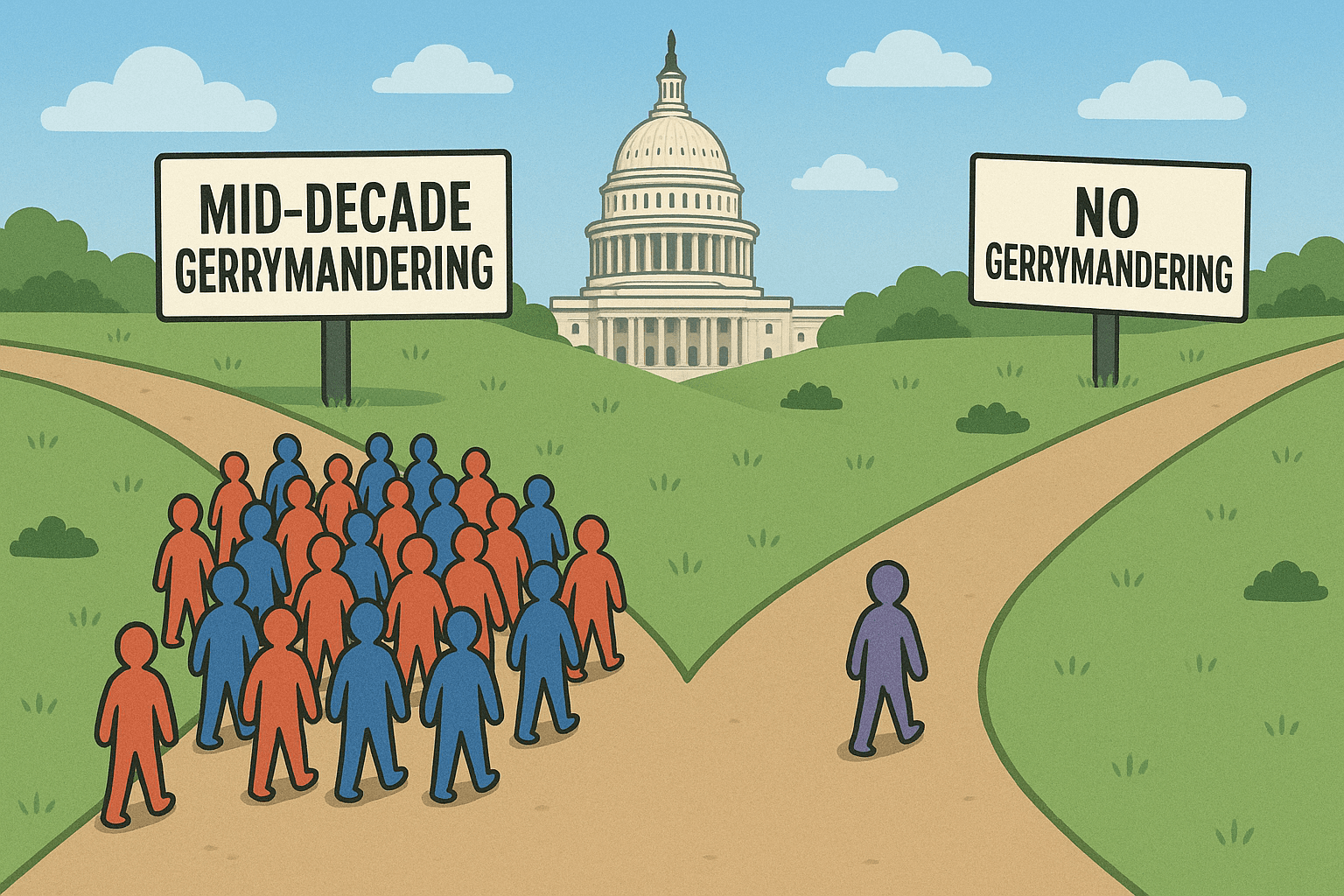Brazil is Obama's Best Chance at Closing Guantanamo Bay

canceled a state visit to the U.S. after reports surfaced that the United States spied on her own personal communications, as well as various other Brazilians.
Less than two years later, Rousseff and Obama appear to have smoothed over these differences. On June 30, Rousseff came to Washington and signed a series of agreements to address global climate change. Among other provisions, both nations committed to increase the use of wind and solar energy to 20% of their nation’s production by 2030. Brazil further committed to restore about 30 million acres of Amazon rain forest in the country.
While both leaders focused on these environmental issues, a group of human rights activists pushed a different talking point: Brazil’s capacity to take Guantanamo detainees that are still in captivity.
Obama’s 2008 campaign pledge to close Guantanamo Bay has not borne out over 6 years of his presidency. Despite signing an order on his first day in office to close the facility, legal and political issues have prevented him from carrying out this directive.
One issue has been other countries’ unwillingness to take former detainees—and Brazil has been one country rebuffing U.S. efforts. Wikileaks released documents in 2010 which showed that Brazil had repeatedly turned down these requests on the basis that these men were not official refugees and therefore Brazil could not legally accept the men.
Human rights groups called on Obama and Brazil to re-evaluate that rejection. On June 26, the Washington Office on Latin America (WOLA), Brazil’s Conectas Direitos Humanos, and the UK’s Reprieve all sent a letter to President Obama to discuss the issue with Rousseff during her state visit. They argued that Brazil was an ideal location since Brazil could take substantial leadership on the issue of detainees who have long been cleared for release but have been unable to find a country to relocate to.
Brazil would not be the first South American nation to accept detainees. In December 2014, six former detainees were released to Uruguay to begin a new life. However, their integration has not been entirely smooth. While one wed an Uruguayan women in early June, four others spent most of the spring camped out in front of the U.S. embassy protesting some of the terms they received in exchange for permanent asylum. Mainly they asked for more resources for rehab, housing, and help with getting their families to Uruguay.
Despite these difficulties, these human rights groups are aligning with Obama’s administrative priorities at the moment. In Obama’s final 18 months in office, he appears to be reinvigorating his initial promise to close the prison.
On June 30, the day of Rousseff’s visit, the president announced the appointment of a new position in the State Department, Special Envoy for Guantanamo Closure. Lee Wolosky is taking the reins in this effort after serving as the National Security Council's Director for Transnational Threats.
While neither leader has officially responded to the NGOs' call, this new push within the administration to address this concern might align with the strengthening relationship between the two countries.
Photo Credit: Chris DeRidder / Shutterstock.com



